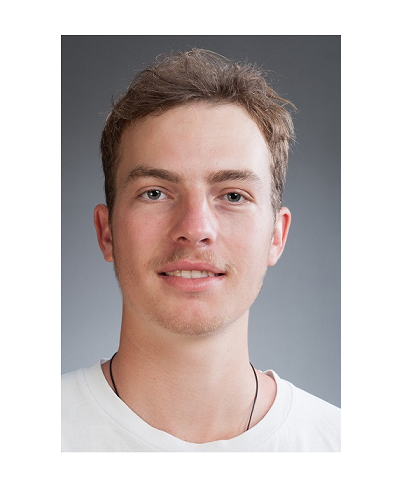Beyond the dollar: carbon farming and its alternatives for Tairāwhiti Māori landowners

Speaker: Leo Mercer
Victoria University of Wellington
This research has explored land use options and the values Māori landowners ascribe to different land uses on the East Coast of New Zealand’s North Island. Some 90% of Māori land has moderate to severe land use limitations and is habitually described as unproductive and marginal. The steep topographical nature of Māori land on the East Coast limits many land use options. Creating permanent native forest carbon sinks on this land is frequently proffered as a positive solution addressing national climate change commitments and local environmental and socioeconomic issues. However, there has been limited exploration as to the merits of carbon farming permanent forests when compared to conventional land uses. Low-lying fertile land was, and continues to be, alienated in New Zealand and issues of equity need to be considered as Māori landowners may feel pressured to create permanent carbon sinks which curtail future land use options. Research has highlighted an economic case for carbon farming on the East Coast; however, institutional and socio-cultural barriers hinder the participation of Māori landowners in the Emissions Trading Scheme. Multi-criteria analysis was employed to curate a set of land use options and associated cobenefits for Māori landowners to appraise at a series of workshops. The ratings assigned to land use cobenefits have aided in assessing the wider value of land uses for Māori on the East Coast. This research will introduce and utilise a process that increases understanding of the aspirations of Māori landowners, and assists Māori in determining their land use futures.
Biography
Leo Mercer is a PhD student in environmental studies at Victoria University of Wellington. His MSc research looked at how native forest restoration through carbon farming can impact the development of Māori land in Te Tairāwhiti. This project also looked at the associated risks, barriers and opportunities for Māori landowners entering the ETS through native forest restoration and engaging in carbon farming as a land use. This led on to a Phd topic where he is investigating wider land use issues and opportunities in Tairāwhiti, by exploring the land use preferences of Maori landowners in the Waiapu catchment, and the values associated with emerging and existing land uses suitable for this area.
